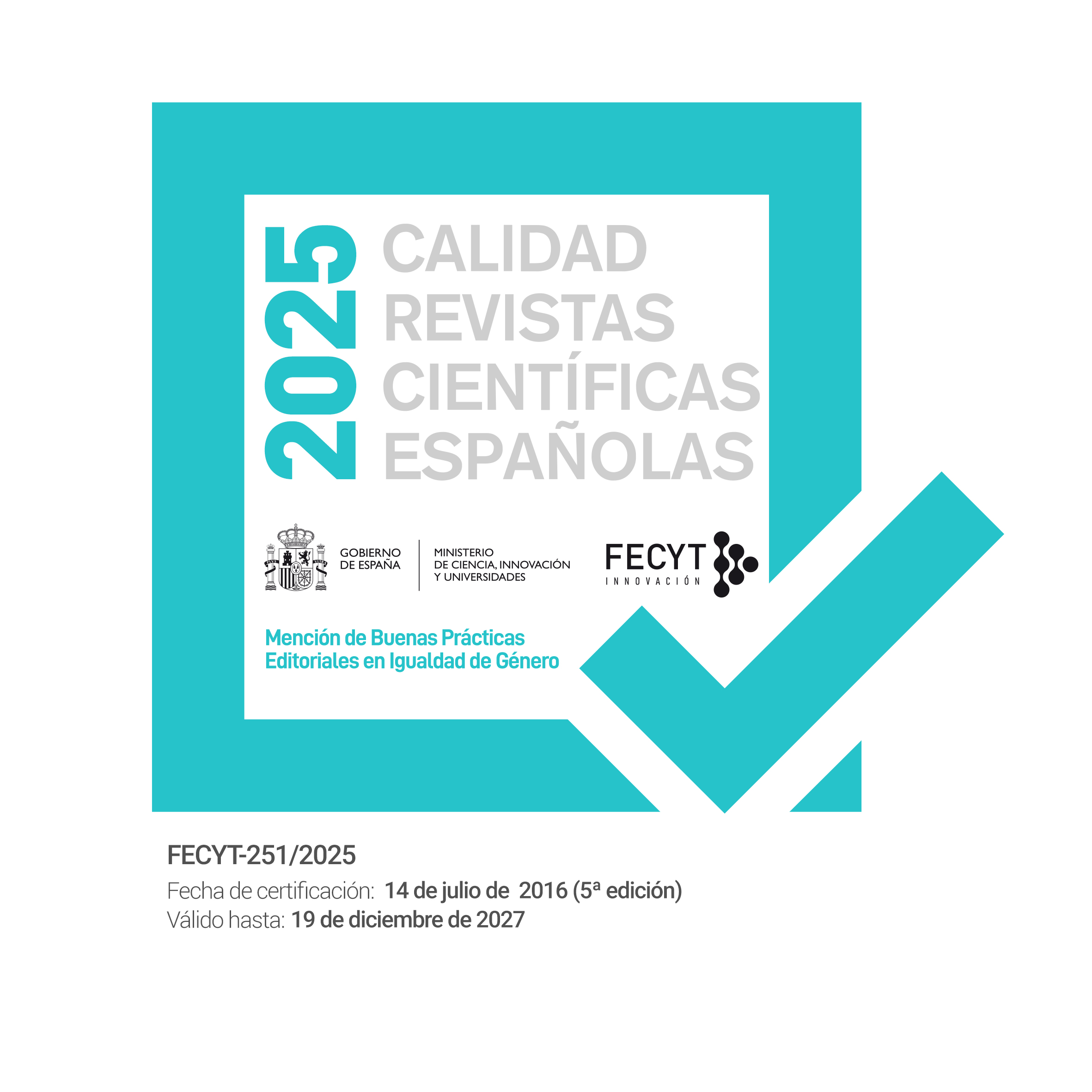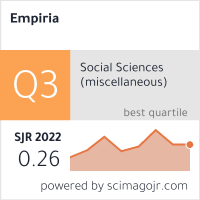Teoría de la Cohesión Circular en el Matrimonio y las Redes Sociales
DOI:
https://doi.org/10.5944/empiria.10.2005.1043Keywords:
red de parentesco, reencadenamientos de alianzas, cohesión social, endogamia estructuraAbstract
La cohesión circular, como teoría relevante de la cohesión social, se presenta en el análisis de los reencadenamientos matrimoniales como el resultado de una aproximación estructural: «Los estudios estructurales son, en las ciencias sociales, el resultado indirecto de los modernos desarrollos matemáticos que han ido dando cada vez más importancia al punto de vista cualitativo en contraste con el punto de vista cuantitativo de las matemáticas tradicionales. Esto ha hecho posible en campos como la lógica matemática, la teoría de conjuntos, la teoría de grupos y la topología, el desarrollo de una aproximación rigurosa a los problemas que no admiten una solución métrica. Los destacados ¡ogros en esta conexión —que ofrecen por sí mismos un trampolín todavía no utilizado por el científico social— se encuentran en Theory of Games and Economic Behaviour de J. von Neumann y O. Morgenstern, Cybemetics de N. Wiener y The Mathematical Theory of Communication de C. Shannon y W. Weaver». [Lévi-Strauss, Structural Anthropology, 1963, Capítulo XV, Social Structure, sección de «Structure and Measure», p. 283].
Ring cohesion, as a theory relevant to social cohesion, offers itself in the analysis of matrimonial relinking as an outgrowth of a structural approach: “Structural studies are, in the social sciences, the indirect outcome of modern developments in mathematics which have given increasing importante to the qualitative point of view in contradistinction to the quantitative point of view of tradicional mathematics. It has become possible, therefore, in fields such as mathematical logic, set theory, group theory, and topology, to develop a rigorous approach to problems which do not admit of a metrical solution. The outstanding achievements in this connection – which offer themselves as springboards not yet utilized by social scientist – is to be found in J. von Neumann y O. Morgenstern, Theory of Games and Economic Behaviour; N. Wiener, Cybernetics; and C. Shannon and W. Weaver, The Mathematical Theory of Communication”. [Lévi-Strauss, Structural Anthropology, 1963, “Capítulo XV, Social Structure, sección Structure and Measure”, p. 283].
Downloads
Downloads
How to Cite
Issue
Section
License
Los autores que publican en esta revista están de acuerdo con los siguientes términos:a) Los autores conservan los derechos de autor y garantizan a la revista el derecho de ser la primera publicación del trabajo al igual que licenciado bajo una Licencia Internacional Creative Commons CC BY-NC-SA 4.0.
b) Se permite y se anima a los autores a difundir electrónicamente las versiones pre-print (versión antes de ser evaluada) y/o post-print (versión evaluada y aceptada para su publicación) de sus obras antes de su publicación, ya que favorece su circulación y difusión más temprana y con ello un posible aumento en su citación y alcance entre la comunidad académica.












